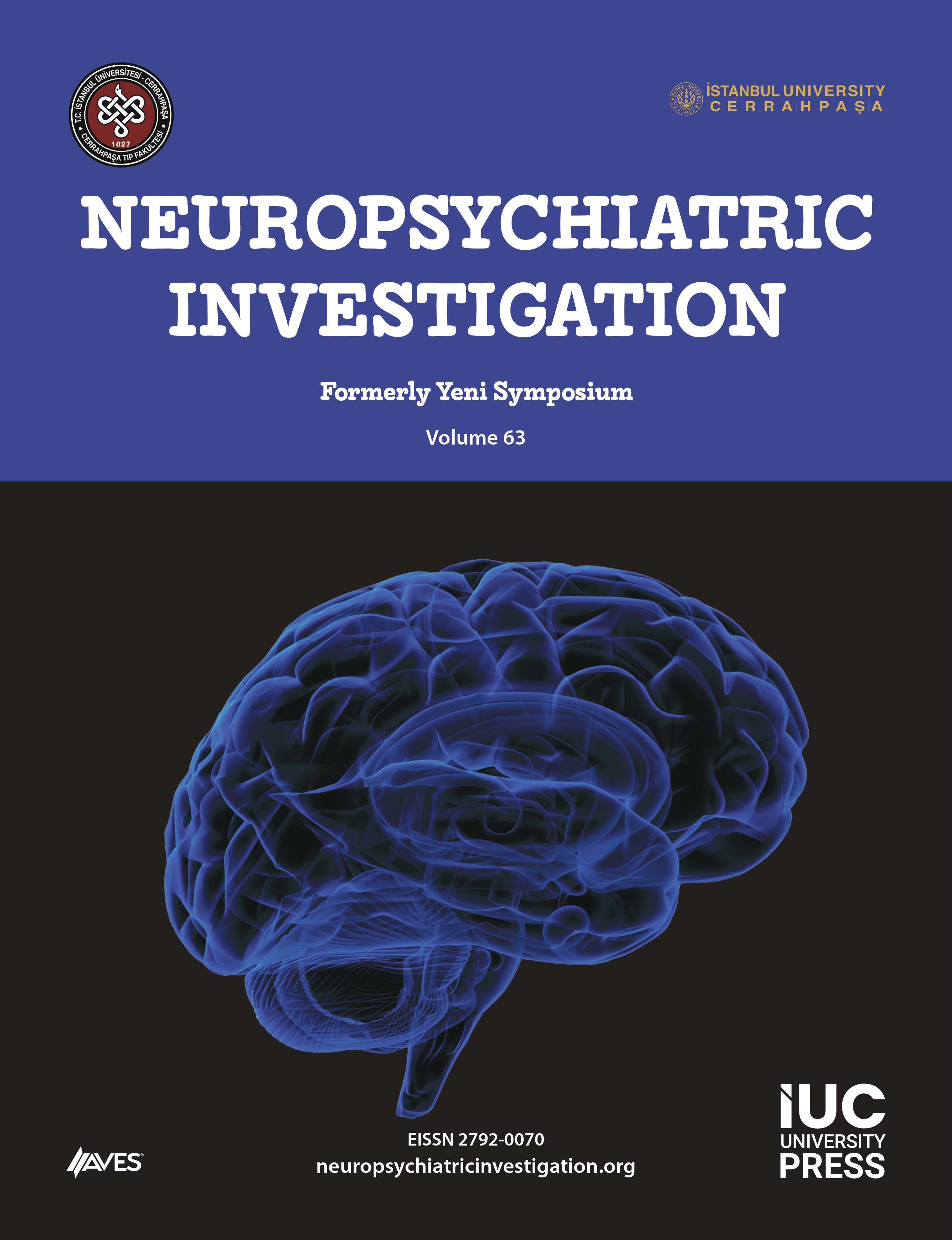Objective: The aim of the study was to determine whether participants with exogenous obesity and healthy weight participants differed in terms of executive function performance and eating style scores; to investigate the predictive power of executive function and eating style on body mass index (BMI).
Method: The study sample consisted of exogenous obese (n = 51) and healthy weight (n = 46) participants who were at least high school graduates, aged 21-49 years. Wisconsin Card Sorting Test (WCST) and Stroop Test TBAG Form were applied to assess the executive function performance of the participants. The eating style was evaluated with Dutch Eating Behavior Scale.
Results: Cognitive flexibility, conceptualization, and resistance to interference performance of participants with obesity were found to be lower than those of the healthy weight group. The groups were different in terms of external eating and emotional eating scores. It was found that the total number of WCST responses and the number of non-perseverative errors, reaction time of resistance to interference effect, and external eating style scores predicted BMI.
Conclusions: It was found that deficiency in executive functions, external and emotional eating styles were clinical variables associated with obesity. Executive functions have a role in regulation of eating behavior. Cognitive processes such as the executive control of attention and mental shift are decisive in the regulation of the relationship with food. Cognitive functions should be considered when structuring obesity interventions.




.png)